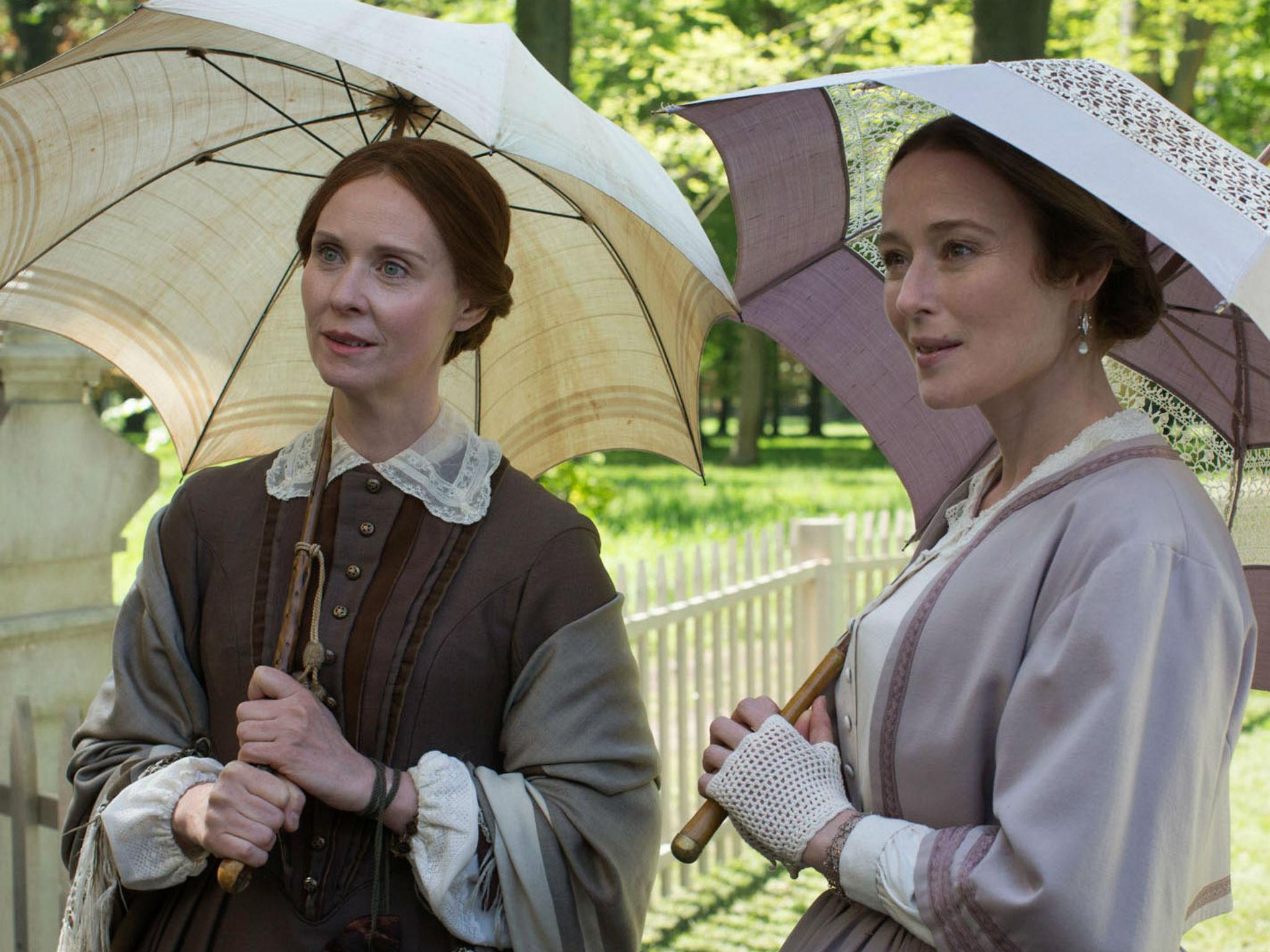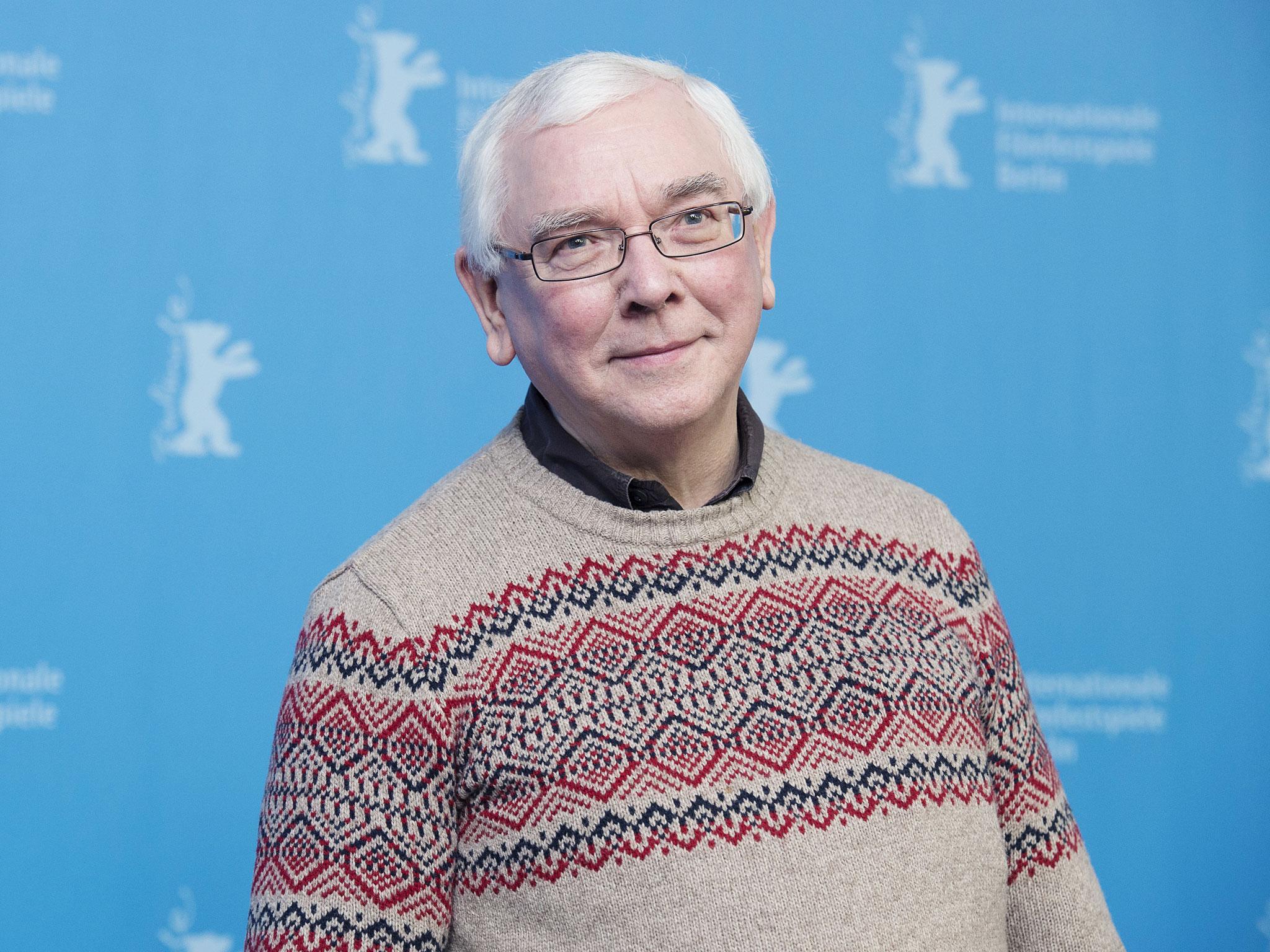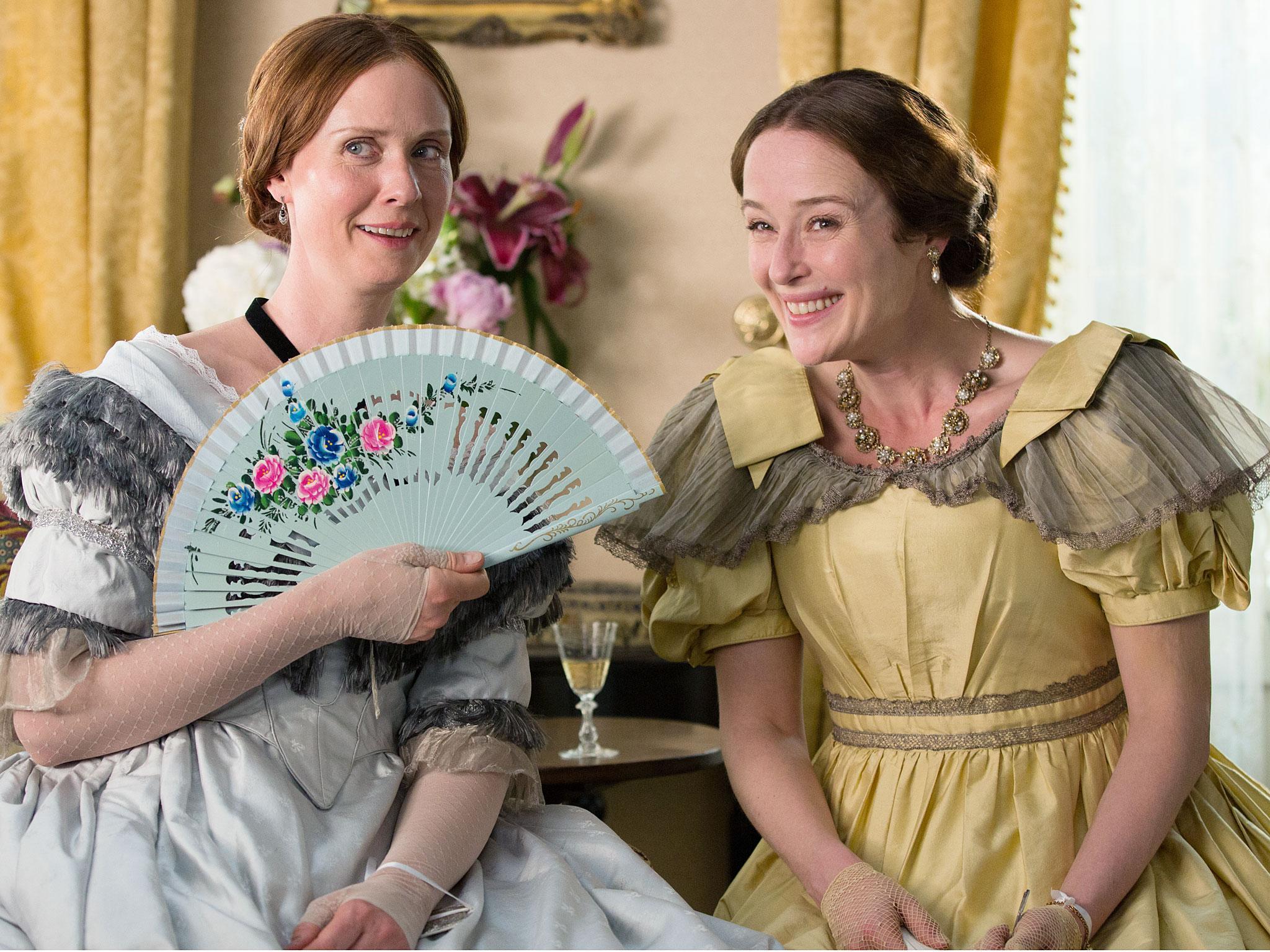Terence Davies interview: A Quiet Passion director on making his new Emily Dickinson biopic with Cynthia Nixon
Sex and the City star Nixon had described Dickinson as the 'patron saint of shy persons'

Ted Hughes called her “one of the oddest and most intriguing personalities in literary history”. In the course of her life, Emily Dickinson (1830-1886) only saw six of her poems in print. She never strayed far from her home in Amherst, Massachusetts. Her poetry was playful and profound by turns but also often very cryptic. She uses punctuation in an idiosyncratic fashion, littering her verse with hyphens and capital letters. There is an erotic charge to much of her writing.
Hughes talks of the “wonderful naked voltage” of her poems but she never married or travelled and there would appear to be little in her life itself that lends itself to dramatisation in a movie. Against the odds, British director Terence Davies has made a very fine new biopic about her, A Quiet Passion, starring Cynthia Nixon (Miranda from Sex And The City).
Davies filmed parts of A Quiet Passion in the Emily Dickinson Museum in Amherst – that’s to say in Dickinson’s old home. (The home was then recreated in the studio in Belgium where the bulk of shooting took place.) To his immense relief, he has already received the approval of the academics and curators at the museum who guard Dickinson’s reputation so fiercely.
“It was quite daunting. These people know every part of her life,” Davies says. “I said to them, look it [the film] is not a documentary. It is going to be a subjective fictional idea of this woman. I can’t have everything in, I can’t. There will certain things I will elide.”
In “real” life, Emily didn’t meet Mabel Loomis Todd, the woman who had a scandalous affair with her married brother Austin and who, after Emily’s death, oversaw the publication of her poems. “But dramatically, it is much more interesting if Emily sees her brother making love to her (Todd),” Davies explains one key scene in the film which he has invented.
After reading six biographies of Dickinson, Davies felt that Emily was terrified of seeing her beloved family split apart. “The one thing she wanted was for the family to stay forever and to be happy ever after but that can’t happen. All families change. People get old, they married, they go away, they change. That you can’t control.”

Cynthia Nixon herself had described Dickinson as the “patron saint of shy persons”. Davies suggests she was indeed “terrified” of the outer world. “Like all great artists, she has a skin less and feels the outside world very, very powerfully.”
It would be a mistake, though, to regard Dickinson as a solemn figure. Davies was determined to make sure that the film caught her sense of fun. That’s one reason why he so foregrounds the poet’s friendship with Vryling Buffam (Catherine Bailey), an outspoken and mischievous figure with a very witty turn of phrase. Davies also includes plentiful scenes of the women twirling their parasols and clicking their fans. At times, you half expect them to burst into song as if they’re in an old Hollywood musical.
“I just wanted to show that within that little community, it could be lively and it could be fun,” he reflects.

Watch Apple TV+ free for 7 day
New subscribers only. £8.99/mo. after free trial. Plan auto-renews until cancelled.
ADVERTISEMENT. If you sign up to this service we will earn commission. This revenue helps to fund journalism across The Independent.

Watch Apple TV+ free for 7 day
New subscribers only. £8.99/mo. after free trial. Plan auto-renews until cancelled.
ADVERTISEMENT. If you sign up to this service we will earn commission. This revenue helps to fund journalism across The Independent.
At the same time, the storytelling is often sombre. The film is partly set during the American Civil War, from which Davies uses archive photos. The sleepy community of Amherst may have been a long way away from the battlefield of Gettysburg but Davies was determined to show that the war’s impact was felt, even there.
“On patriotic day, Some epauletted Brother Gave his breath away!” Dickinson wrote in one of her poems. Death is a continual theme in her work, both death on the battlefield and death in the domestic sphere, from illness and old age.
Ask the director how he cast the film and he immediately makes it very clear that he detested Sex And The City. It wasn’t because of the series that he chose Cynthia Nixon to play Emily Dickinson. “I was appalled by it,” he says of the TV show. “I didn’t like it at at all. I thought it was shallow and narcissistic and sexually venal.” Even so, he was struck by the resemblance that Nixon had to Dickinson. Nixon asked if she should read for the part. Davies said not to bother. “I know you’re going to be good,” he told her.
Not only does Nixon give an exceptional performance as Dickinson, febrile, vulnerable, angry and humorous by turns. She also reads the poetry beautifully, with a wry sense of detachment.
A Quiet Passion isn’t intended as “a feminist tract”. Nonetheless, the film emphasises the quietly subversive way in which Dickinson dealt with the patriarchal society in which she lived. “I think people who really do break new ground don’t know they are doing it. I don’t think she was aware of how radical the poetry was,” Davies says of her.
At 70, he occupies an ambiguous position within British film culture. On one hand, he is venerated; a fellow of the British Film Institute whose films are feted at international festivals. On the other, he faces a perennial struggle to get his work financed. There have been long hiatuses in his career.
“For 10 years, no one wanted to know anything and I really did think it is over now,” Davies admits. “I was close to despair at many stages. I thought is it worth it? What am I doing it for?” He suggests that “having your work taken away from you makes you feel like a non-person”.

Not that he feels any sense of entitlement. “I hope this doesn’t sound sanctimonious but I have great respect for the money [for the films] because it is not mine, it is other people’s.” He adds that he is “as vain as anyone else” and would like “to be a household name, like Dettol,” but realises this is unlikely to happen and that his films won't break box office records.
Unusually in Davies’ career, A Quiet Passion came together relatively quickly. He was able to start shooting it just months after finishing his Lewis Grassic Gibbon adaptation Sunset Song. He is now planning a biopic of Siegfried Sassoon.
The director admits to a strong sense of identification with Emily Dickinson. Like her, he isn’t one to stray too far from home. “I am too afraid, I am too conventional. If anyone writes my biography, it will be a leaflet rather than a book. I don’t do anything. I don’t take drugs or anything. It is really a boring life!”
Like Dickinson, Davies also knows what it is like to be ignored. “For 10 years, people weren’t interested in my work, they weren’t interested at all. I do know what that is like and it is a horrible feeling. It’s like I’ve poured my life into my work and what for… for three people and a dog to see my film.”
He tells a poignant and funny story about being invited to a tiny film festival outside London for a screening of his 1988 film Distant Voices, Still Lives. There were only five people in the audience. They had the Q&A first and by the time the film started, the cinema was completely empty save for the director himself. Davies talks of feeling crushed at what was a very public humiliation.
There is little danger of the new movie showing to empty houses. Thankfully, the festival screenings of A Quiet Passion in Berlin, Toronto and now in London have been attracting big crowds. “Let’s hope they stay awake…” Davies says, as if he can't quite believe the popularity of his own film.
A Quiet Passion screens in official competition at the London Film Festival, Monday 10 and Wednesday 12 October
Join our commenting forum
Join thought-provoking conversations, follow other Independent readers and see their replies
Comments